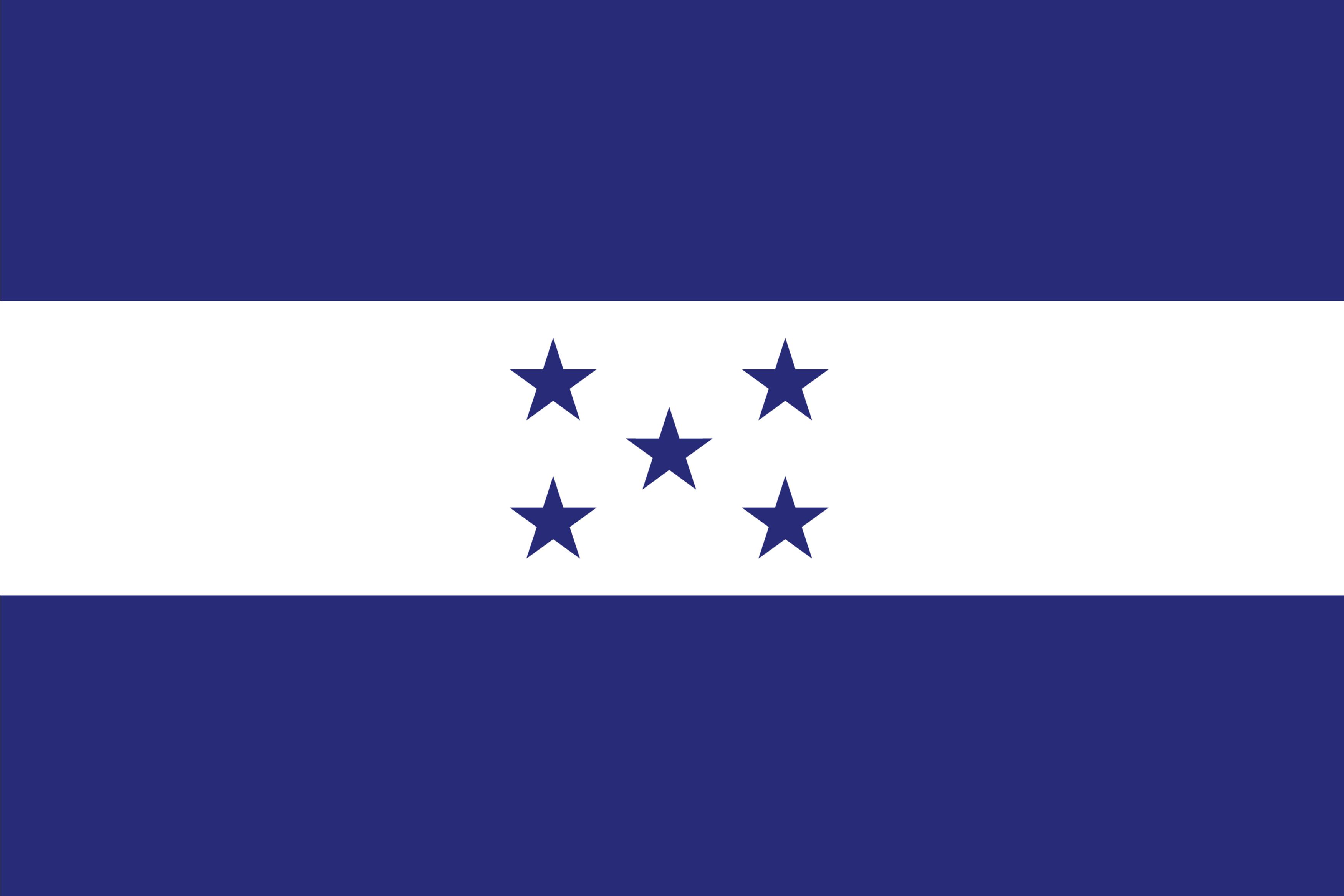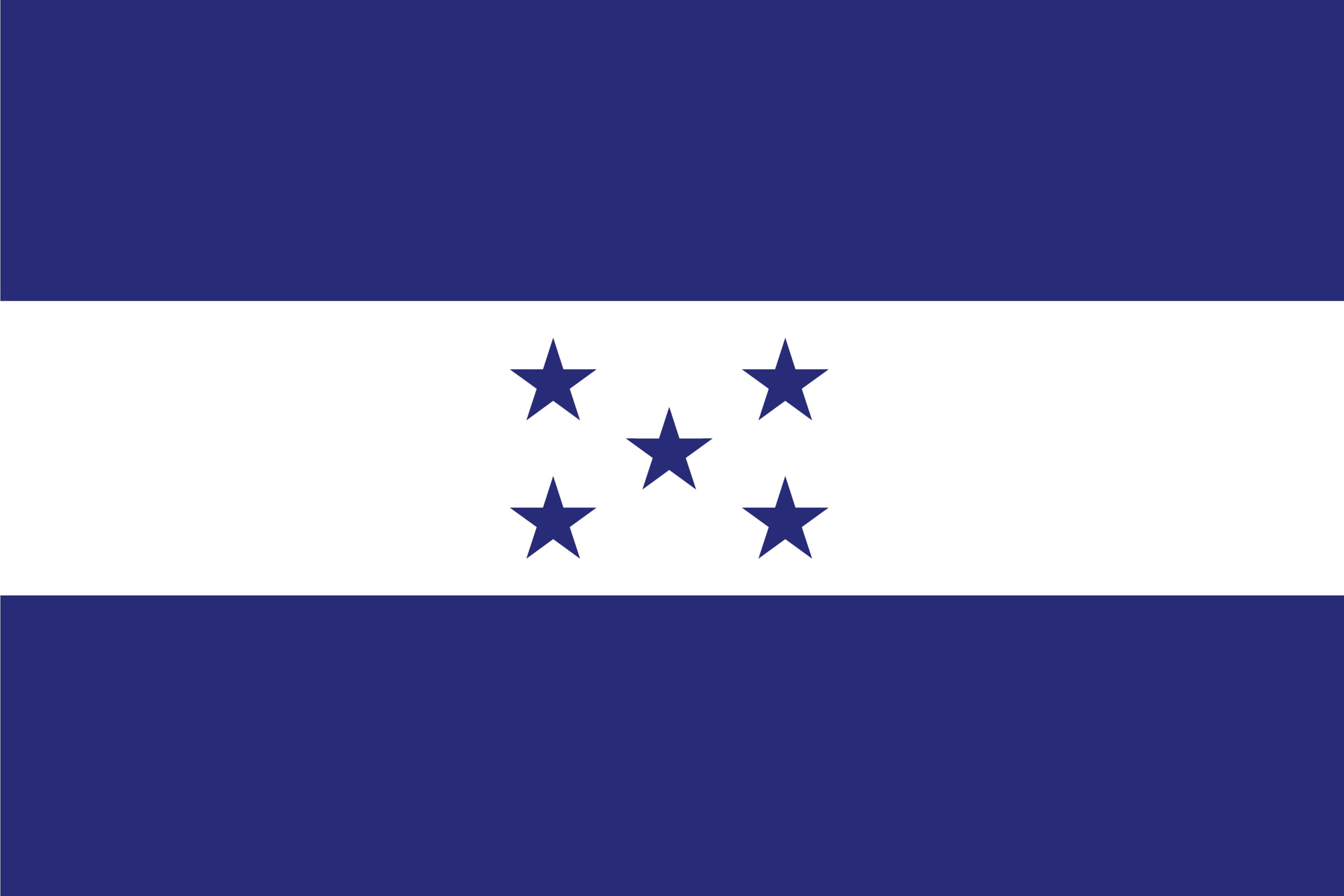Energy generation is highly controversial in Colombia, whether it be from coal, gas, or hydroelectric. The controversy stems from the environmental, economic, and social impacts on local communities surrounding the energy plants. On the Magdalena River in Huila Department (southwest Colombia), artisanal fishers (i.e., small-scale) have been organizing against the El Quimbo hydroelectric project for the past 15 years. In 2008, the government have the energy company the green light to flood over 8,500 acres of land for the construction of the dam and power plant. The flooding displaced farming communities and harmed the local fishing industry.
ASOQUIMBO is the Association of People Affected by the El Quimbo Hydroelectric. Its spokesperson, Alirio Perdomo, is also president of the Association of Calandrero Fishermen of the Magdalena River. Because of their efforts to have the government recognize the environmental and social impacts of the hydroelectric project, many ASOQUIMBO members have endured serious death threats and harassment, as well as the destruction of small crops on which the communities heavily depend. On March 28 at 5pm, Alirio Perdomo published a video publicly denouncing the levels of fish mortality in the Betania dam and the negative impacts on artisanal fishers due to "controlled discharges" from El Quimbo. Two hours later, while on his way into the city of Hobo, two men on a motorcycle shot at him, hitting his ear in an attempt to murder him.



